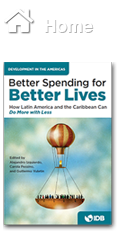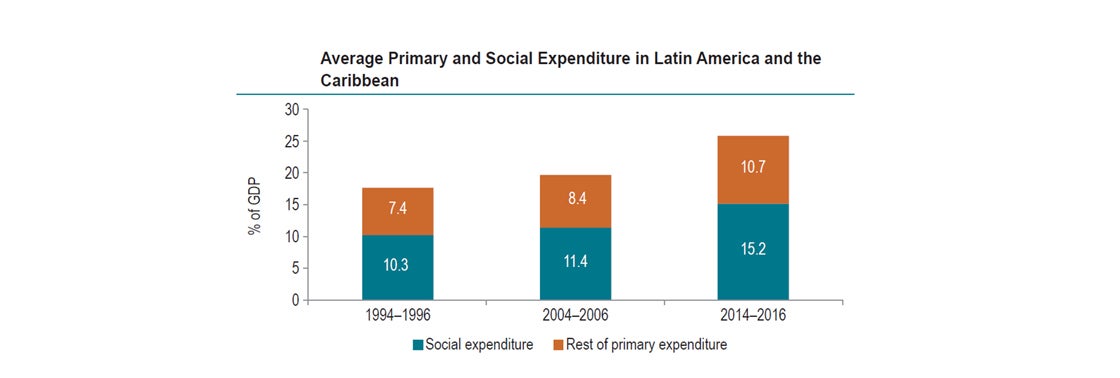More spending does not necessarily lead to better outcomes for the poor
The Impact of Public Spending on Equity: Not Always as Intended
(Chapter 4)
Economic growth and sound macroeconomic policies are essential to reduce poverty and income inequality. Governments can play a key role by using fiscal policy and public spending to further reduce poverty and inequality, and more importantly, ensure that these declines are long-lasting. However, because people and governments, and their behaviors, are involved, the effect of public spending is not always as intended. The relationship between spending and equity is complicated, indeed.
Governments can use fiscal policies (e.g., taxes and transfers) to target specific groups and redistribute resources from rich to poor individuals, households, and regions within a country. They can also provide in-kind transfers: quality services in education, health, and other public services that improve human capital, potentially enabling citizens to access more productive jobs, better remuneration, and an improved quality of life. Policies designed to increase human capital and overall productivity improve equity directly and indirectly through economic growth. Read more.







